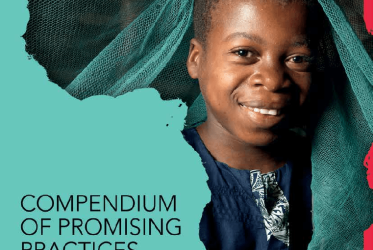The theme was “UNAIDS—breaking down barriers in the AIDS response,” and the audience included World Council of Churches (WCC) representatives, member state missions to the United Nations in Geneva, partners, and cosponsors.
Gracia Ross, programme executive for WCC Ecumenical HIV and AIDS Initiatives and Advocacy, expressed what a joy it was to attend the reception.
“UNAIDS is a unique actor in the HIV response, and the expression of that uniqueness is how UNAIDS is always on the side of communities,” said Ross. “I know many people living with HIV who would have no support if it was not for UNAIDS.”
She added that there are many unique contributions of UNAIDS to the global HIV response.
“UNAIDS brought the concept of battling the inequalities that are stopping the HIV response, and that concept is now included so well in the Global AIDS Strategy,” said Ross. “We have this wonderful idea of ‘community-led’ which I love—communities leading the design, the implementation and the evaluation.”
UNAIDS also provides up-to-date epidemiological data which is very useful for advocacy, Ross noted.
“UNAIDS was able to do this given its amazing staff who are not only trained technically but are dedicated and have solidarity with us—communities living with HIV,” she said. “Now in my role in the World Council of Churches, I say we stand with UNAIDS. We want to contribute to the HIV response as much as we can.”
She ended on a note of thanks. “Thank you to each one of you and the staff overseas, for all the work in the past 27 years and the ongoing work, many times, going beyond what is required in your job descriptions.”
Rev. Dr Kenneth Mtata, WCC director of Public Witness and Diakonia, noted that the response to HIV and AIDS is an important commitment for WCC and its member churches.
"This commitment to health goes back as early as 1968 with the formation of the Christian Medical Commission,” Mtata explained. “In 1983, the World Health Organization asked the WCC to raise awareness among churches regarding the emerging disease called AIDS.”
Since then, HIV has remained a critical issue for the ecumenical movement over the last 40 years, Mtata noted. “Nowadays, we are here, still building capacities of churches to participate in a meaningful way in the HIV response, and UNAIDS is an important partner supporting the achievement of that goal.”







